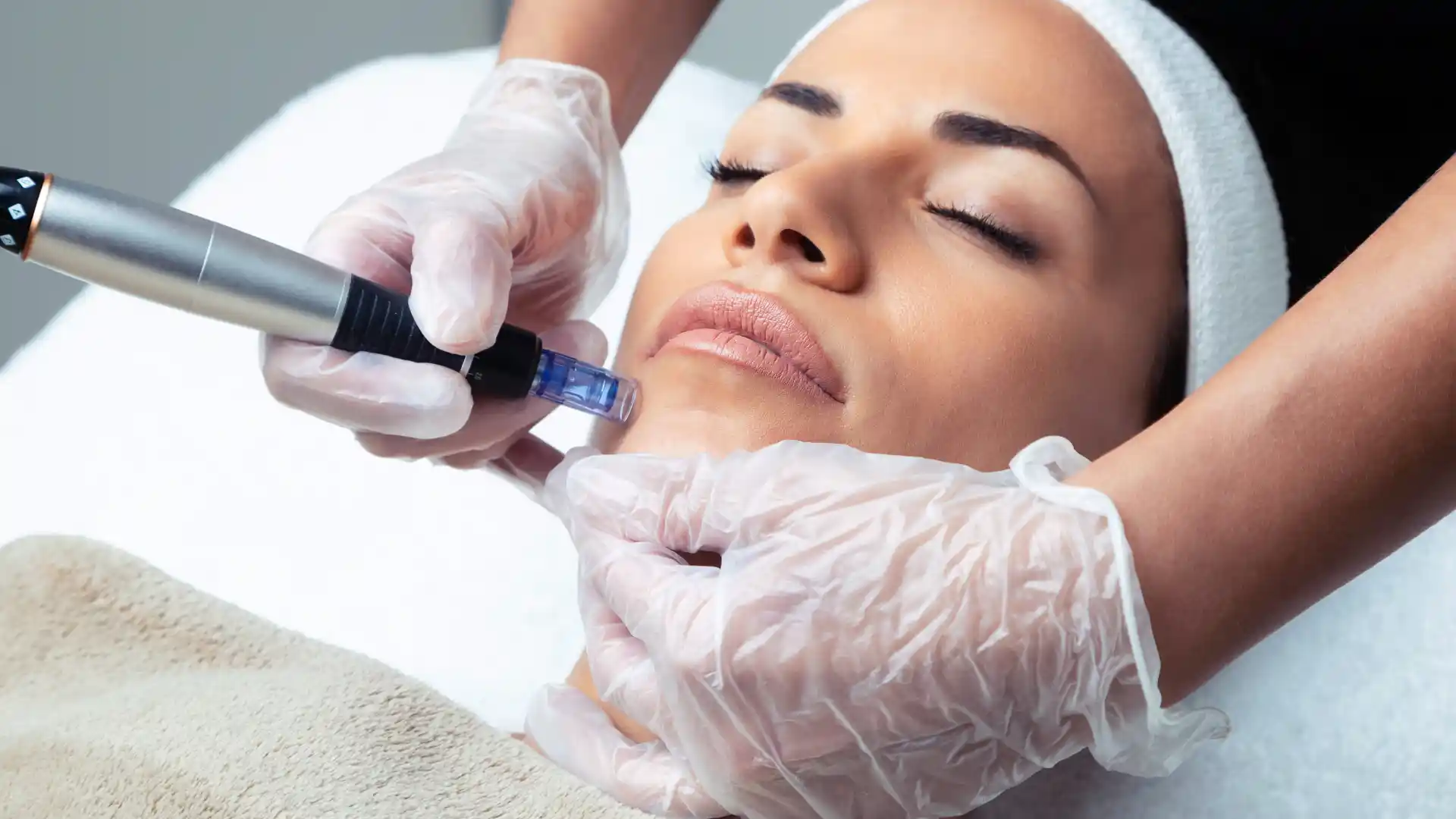Custom Skincare Recommendations
Personalized skincare is the foundation of effective dry skin management. We help you select products that are non-comedogenic and free of irritants like fragrances and harsh chemicals, ensuring your skin receives the nourishment it needs without aggravating sensitivities. Our recommendations focus on replenishing lost moisture while maintaining a healthy skin barrier. By tailoring your routine to your skin’s specific needs, we aim to achieve long-term hydration and comfort.
Medical-Grade Moisturizers
Advanced medical-grade moisturizers provide a higher level of hydration and repair for dry or damaged skin. Formulations containing ceramides, hyaluronic acid, or urea work to strengthen the skin’s natural barrier, locking in moisture while promoting cell regeneration. These moisturizers are particularly effective for addressing chronic dryness or xerosis, helping to reduce flaking and improve overall skin texture. Regular use can make a noticeable difference in achieving soft, smooth skin.
Hydrating Treatments
In-office treatments like hydrating facials or chemical peels offer immediate and long-lasting relief for dry skin. These treatments remove dead skin cells that can block moisture absorption, allowing hydration to penetrate more deeply. Ingredients like hyaluronic acid and antioxidants are often used to replenish and protect the skin. Hydrating treatments not only restore moisture but also improve skin tone and texture, leaving you with a radiant complexion.
Prescription Therapies
For severe or persistent dry skin, prescription-strength creams or ointments may be necessary to address underlying causes such as eczema or psoriasis. These therapies often include active ingredients like corticosteroids, calcineurin inhibitors, or vitamin D analogs to reduce inflammation and restore the skin barrier. Prescription treatments are highly effective in managing chronic conditions and providing relief from symptoms like itching, redness, and scaling.
Humidifier Use and Lifestyle Adjustments
Environmental factors often contribute significantly to dry skin, and incorporating a humidifier into your daily routine can help counteract the effects of low humidity. A humidifier adds moisture to the air, reducing skin dehydration, especially in colder months or dry climates. Additionally, lifestyle changes such as drinking more water, avoiding long hot showers, and using gentle soaps can further support skin hydration and health. These simple steps complement other treatments, ensuring comprehensive care for dry skin.
Each treatment plan is tailored to your skin’s unique needs to ensure optimal results and long-term skin health.


